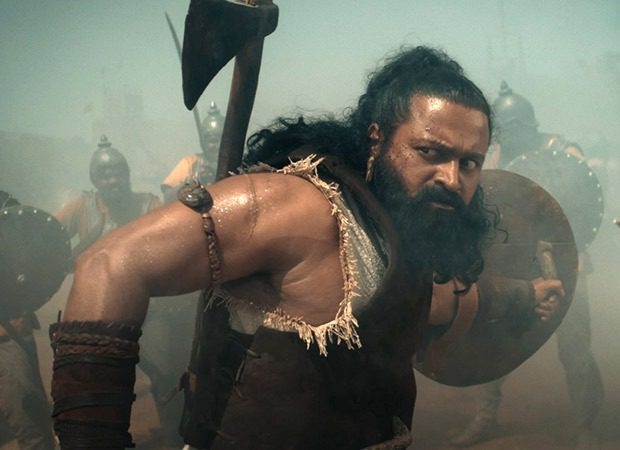Following the massive success of Kantara Chapter 1, which earned over Rs 852 crores worldwide, Rishab Shetty has become one of India’s most celebrated actor-writer-directors. His unique storytelling and deep cultural connection have made him a powerful voice for Indian tradition, seamlessly weaving together elements of divinity, folklore, and human emotion.


Rishab Shetty opens up on his connection to mythological cinema; says, “Films like Jai Hanuman came searching for me. In fact, they chased me all the way to Kundapura.”
Speaking about his creative journey, Rishab Shetty shared, “Kantara is not done just for money. If I had taken other offers, I would have avoided risk, and even given more time to my school-going kids. However, I completed Kantara Chapter 1 due to divine intervention. Be it Kannadigas taking Kantara to another level, and when audiences, cutting across linguistic and cultural differences, spoke so much about the film, I knew I had to finish this story, and give it justice by doing the prequel.”
With the cultural impact of Kantara, Rishab Shetty has not only won the hearts of millions but also rekindled a deep connection to Indian mythology and heritage through cinema. His commitment to authentic storytelling has established him as one of the most respected creative voices in the industry.
Adding further, he reflected on his evolving journey as an artist, “Honestly, I didn’t want to take on any project until I completed Kantara Chapter 1. But I am glad such roles have come my way. However, I do want to break it and make a Sarkari-type film too. As an actor or filmmaker, I can’t stick to one style. I want to explore diverse roles. Films like Jai Hanuman came searching for me. In fact, they chased me all the way to Kundapura. I didn’t have a reason to reject it. Since I have an interest in mythology, Yakshagana, and history, such characters attracted me.”
From the divine world of Kantara to his upcoming mythological epic Jai Hanuman, Rishab Shetty continues to connect cinema with culture, showing that stories rooted in tradition can transcend boundaries and resonate with audiences across India and beyond.




